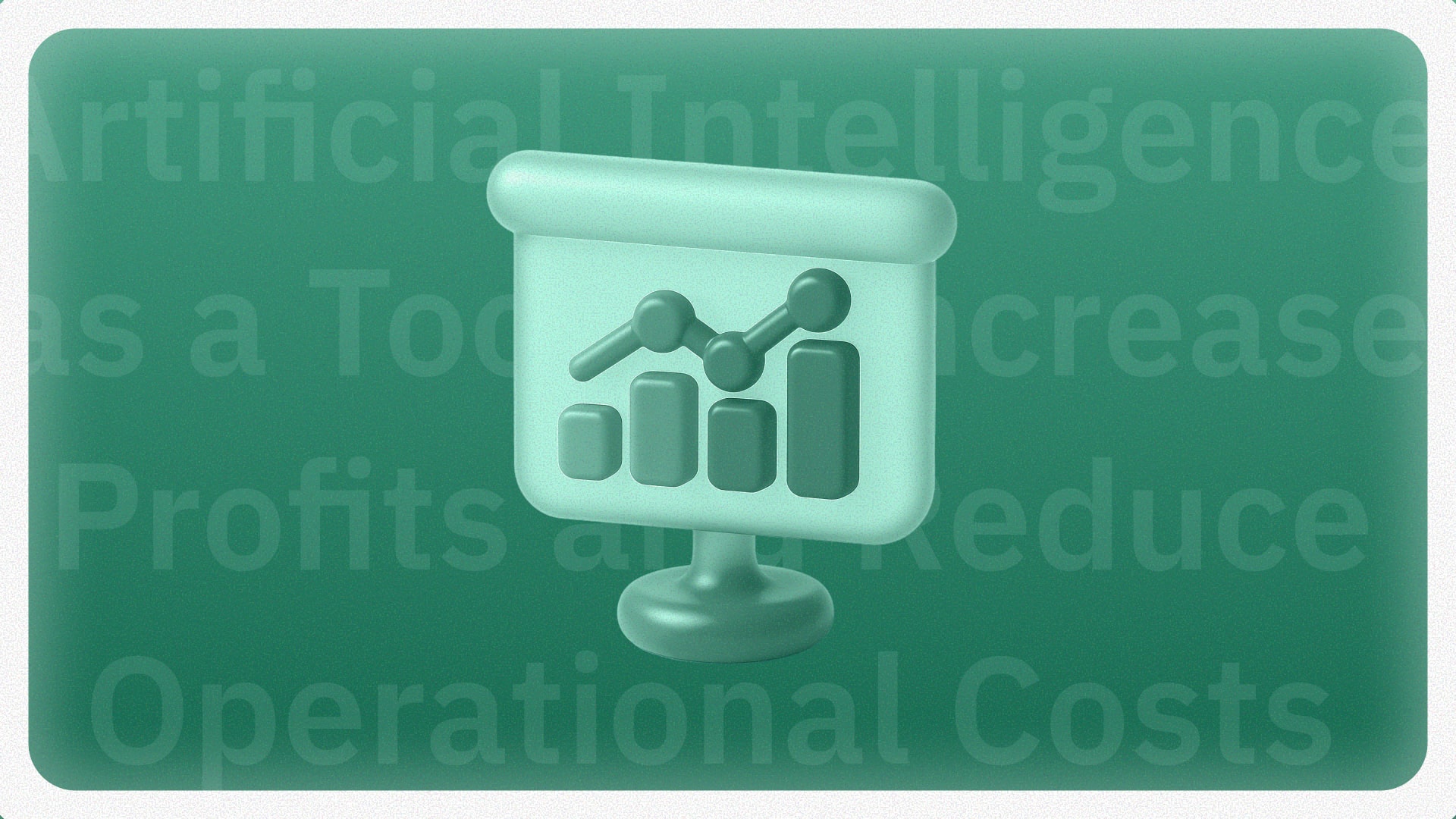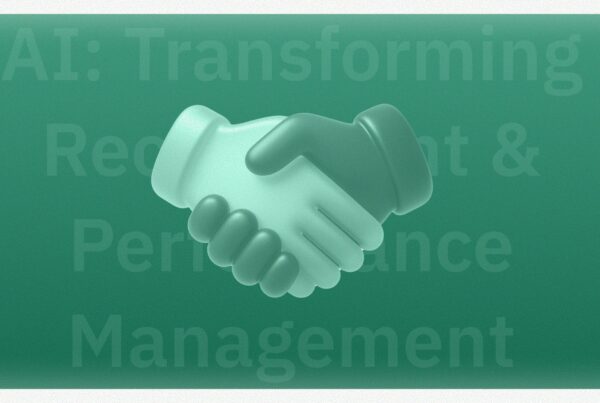In today’s era of rapid digital transformation, Artificial Intelligence (AI) has become one of the most powerful tools reshaping the business landscape. No longer limited to data analysis or prediction, AI now plays a strategic role in helping organizations increase profits and reduce operational costs in unprecedented ways.
What Is Artificial Intelligence and Why It Matters in Business
Artificial Intelligence refers to the ability of machines and software to simulate human intelligence — learning, reasoning, analyzing, and making decisions. It leverages technologies such as Machine Learning, Big Data Analytics, and Intelligent Automation to help businesses operate more efficiently and profitably.
From supply chain management and customer service to marketing optimization and financial forecasting, AI has become an essential driver of business growth and performance.
1. How AI Helps Increase Business Profits
Organizations are constantly searching for ways to boost profitability, and AI provides innovative tools to make that happen.
a. Enhancing Customer Experience and Boosting Sales
AI enables businesses to analyze customer behavior and preferences, delivering personalized recommendations that increase engagement and conversion rates.
Platforms like Amazon and Netflix use advanced algorithms to suggest products or content users are most likely to enjoy — a strategy that has significantly boosted their revenue.
b. Smarter Marketing and Predictive Analytics
With AI-driven marketing, companies can analyze campaigns in real time, identify the most profitable channels, and predict consumer behavior using predictive analytics. This leads to better targeting, higher conversion rates, and improved return on investment (ROI).
c. Product and Service Innovation
By processing vast amounts of market data, AI helps companies identify emerging trends and customer needs. This enables faster and smarter product development, allowing businesses to capture new opportunities and stay ahead of competitors.
2. How AI Reduces Operational Costs
Reducing expenses is another major advantage of integrating AI into business operations.
a. Intelligent Automation of Routine Tasks
AI-powered automation streamlines repetitive processes such as data entry, order processing, and customer inquiries.
Chatbots, for example, handle thousands of support requests simultaneously, saving time and reducing labor costs without compromising quality.
b. Predictive Maintenance and Downtime Reduction
In industries like manufacturing, transportation, and energy, predictive maintenance powered by AI helps detect issues before they cause equipment failures. This minimizes downtime, extends asset lifespan, and saves millions in repair and replacement costs.
c. Efficient Energy and Resource Management
AI systems can optimize energy consumption by adjusting usage patterns during peak and off-peak hours, leading to lower utility bills and a smaller environmental footprint.
d. Data-Driven Cost Optimization
By analyzing business operations, AI identifies inefficiencies and waste areas, helping organizations make data-driven decisions that improve operational efficiency and lower unnecessary expenses.
3. The Role of AI in Digital Transformation
AI is a cornerstone of digital transformation strategies. Companies that embrace digital technologies early are better positioned to integrate AI across their workflows, achieving higher productivity, lower costs, and stronger market competitiveness.
Examples include:
- Airlines using AI for route optimization and fuel efficiency.
- Banks leveraging fraud detection algorithms to safeguard financial operations.
- E-commerce platforms increasing conversion rates through personalized product recommendations.
4. Challenges of Implementing Artificial Intelligence
Despite its benefits, adopting AI comes with certain challenges:
- High initial implementation costs.
- Shortage of skilled AI professionals and data scientists.
- Privacy and data security concerns that must be carefully managed.
However, organizations that overcome these challenges gain a long-term competitive advantage that far outweighs the upfront costs.
5. The Future of AI in Business and the Global Economy
Recent studies predict that Artificial Intelligence could contribute over $15 trillion to the global economy by 2030, primarily through increased productivity and improved efficiency.
Businesses investing in AI today will be better equipped to achieve sustainable profitability and operational excellence in the future.
Conclusion
Artificial Intelligence is no longer a futuristic concept — it’s a strategic necessity for modern businesses. By enabling automation, intelligent analytics, and data-driven decision-making, AI allows organizations to maximize profits while minimizing operational costs.
Investing in AI today means investing in a smarter, more efficient, and more profitable future.



